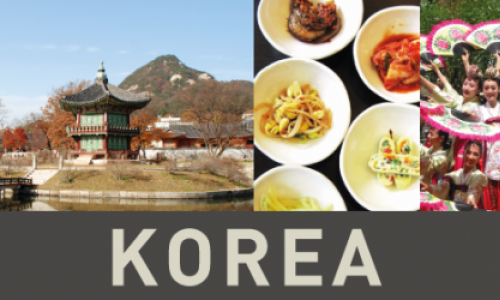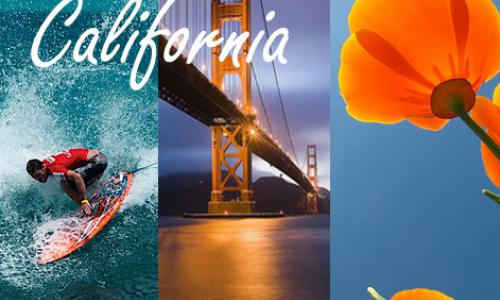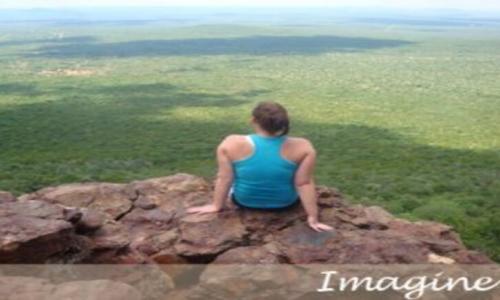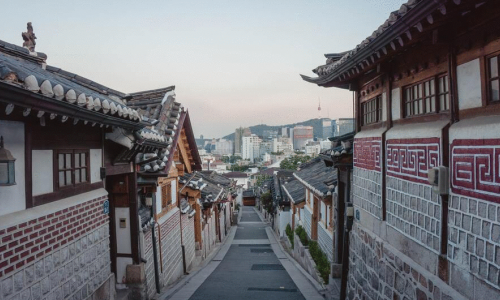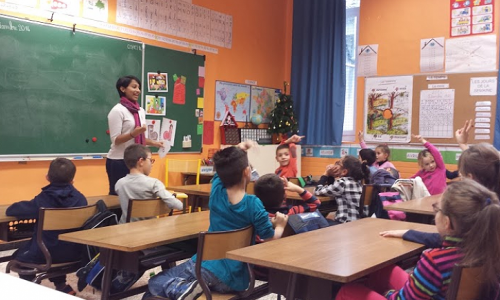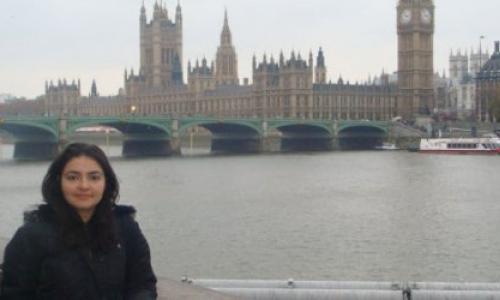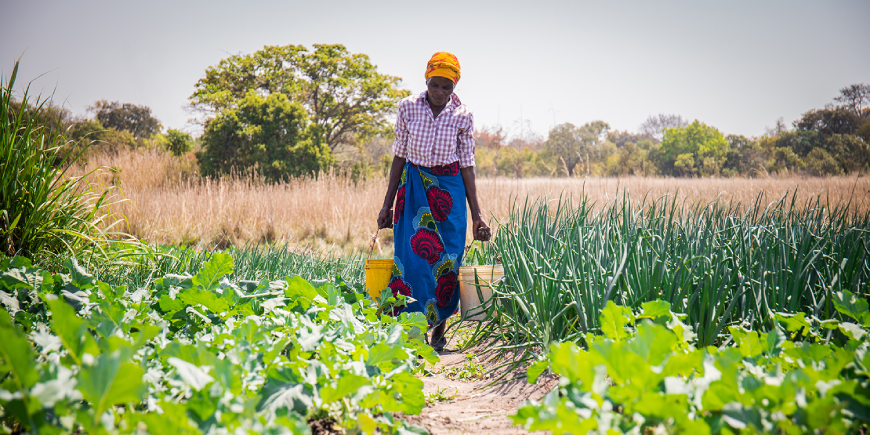
Working in development and for Non-governmental organizations (NGOs) is a tricky and delicate field. In my article, I discuss the new approach that the Sustainability though Agriculture and Microenterprise (SAM) Project has taken on for their work in Zimba, Zambia. As I begin this international co-op semester I thought that it would be good to start my assignment with an overview of the project that I am working for and the new approach that we are implementing. I have worked with this project previously and enjoyed my time working with them that when I began thinking about a co-op, I had to ask them to see if they had a position. Fortunately for me, the project just received a huge grant and needed interns to oversee the project in Livingstone, so I applied as soon as I could. I have always wanted to work for NGOs and it has always been a passion of mine to combine my love of travelling, medicine and helping people. This opportunity could not have been more perfect!
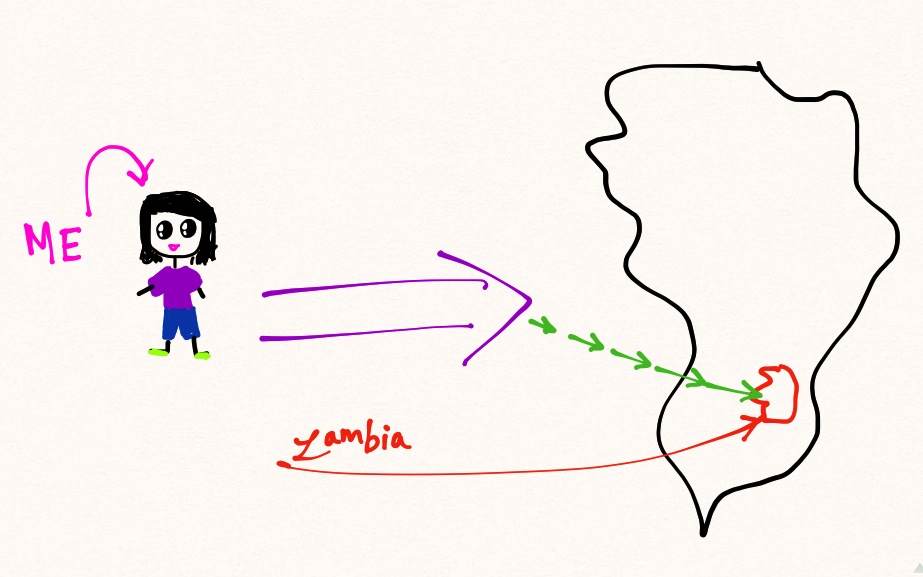
The SAM Project stands for Sustainability through Agriculture and Microenterprises and was founded in Squamish, BC by two amazing human beings, Colin and Sandra Eves. The project's goal is to help small communities through various interconnected components.
The SAM Project is composed of many components:
- Agriculture
- Water
- Goat
- Chicken
- Nutrition (I worked on this one!)
Currently, a lot of work has been focused on Nsongwe, Zambia. Nsongwe is a small village just out of Livingstone, one of the main tourist destinations of Zambia. Although it is only 12km from the main highway it takes about 40 minutes to travel there due to the rough road conditions. The SAM Project came to work with this community because the community knew of organization already and at the project's inception, the two groups worked together. The focuses between SAM and the other project diverged a few years ago, but we still work together but we are not as closely integrated as we use to be.
Nsongwe is a small community of about 1500 people. It has one school and one clinic. Due to the fact that their village is located so close to town, the village has a little bit more than other places we are currently doing work in. For instance, some houses have power lines connecting to them. But things are still very different in Nsongwe than anything back at home. Everybody pumps their water from centrally located borehole pumps and cooks food over fires every night. As my focus is in health, I do know that there is a still a large proportion of malnourished and stunted children in the area, but things have been improving. Unfortunately this year the rains in Zambia were terrible, which is a problem for the people of Nsongwe and the rest of Zambia. This is because the rains were not able to support the regular yield of crops and the water tables in dams and other sources are very low.
In Nsongwe, the SAM Project has been able to help at the “Under 5” projects. These are clinic programs dedicated to tracking the weight and height of children under 5 and nutrition cooking classes for mothers and young children. They also have a nutrition garden in Nsongwe, where the crops will be grown and brought to the local cooperative (Lubemba cooperative) and sold. The money made would go towards the clinic and health programs in the village. Nsongwe is also home to the original goat palace. The goat colony has grown immensely since it was started. We now have over 64 goats living there, even though we started with a mere seven! The goats are now being bred with a type of goat called bore goats from South Africa. These goats are stronger and meatier and worth more on the market.
The project has grown substantially since its inception. Although most of the work has been done in Nsongwe village, there are other villages they are working in. Our current plan has three villages, and the team is now hoping to help five more villages.
New Approach
The SAM Project recently received a large grant from Rotary International to continue its work in Zambia. The team has learned a lot with this project so far, which is why they plan to revamp the project with a new approach.
With this change in approach, there have been many talks about agendas and how it relates to the grant. An agenda is something a group wants to teach, implement, or give to a community. With the SAM project, we have to make sure our agenda aligns with the deadlines and objectives of the grant. For example, for this grant, we had to ensure that the budget was being used to help five new communities, specifically with implementing nutrition curriculums and agriculture projects and that those five communities would be tracked for 12 months to see progress. The unfortunate thing with grants is that these deadlines and outlines are made prior to the implementation of the projects and prior to meeting the people we will work with. So the outlines of the grant may not always line up with what is actually needed in the community.
But this year the SAM Project team asked, “Hey, is our approach beneficial? Maybe we should go into a village knowing what we are able to help and facilitate with and see what the village actually needs.”
Instead of saying, “Hi, we do nutrition classes. Do you want us to do them here?” We need to listen and see if we were the right fit. We need to ask, “Hi, how are you? What is life in this community like? What do you think this community needs?” With this approach, we could identify if we were the right resource for that village. So, for example, with the new approach and questions, we might learn that the village is looking for a women's crafting club, and we wouldn’t be the best resource for that location.
I usually don't like putting my opinion on the Internet or anywhere for that matter, but I totally agree with this new approach. Instead of forcing my opinion on someone, this new approach allows for more of a conversation. By asking the village about their needs and seeing if their needs match what you are able to provide, this allows for community buy-in and it can be more sustainable.
For example, I can't come in and say I'm going to facilitate cooking classes and I'll bring all the food we are going to cook with. What happens when we leave? Where will the food come from? This is extremely unsustainable because once we leave the work will no longer carry on and the message cannot continue onto the younger children and other members of the community.
I feel like I still have so much to learn about the development and sustainable development. I want to help people, but maybe I'm making assumptions in thinking that people want my help and the only thing I can do I right now just starts with a simple, “Hi how are you? Tell me about life in your village.”
I know I probably won't be able to answer my questions but I think that this experience is going to allow me to learn about different cultures, working with NGOs and honestly make me truly think about this world around me.
Beyond the Blog
-
Looking for an opportunity similar to Naiomi's? Check out the International Co-op's homepage to learn more.









